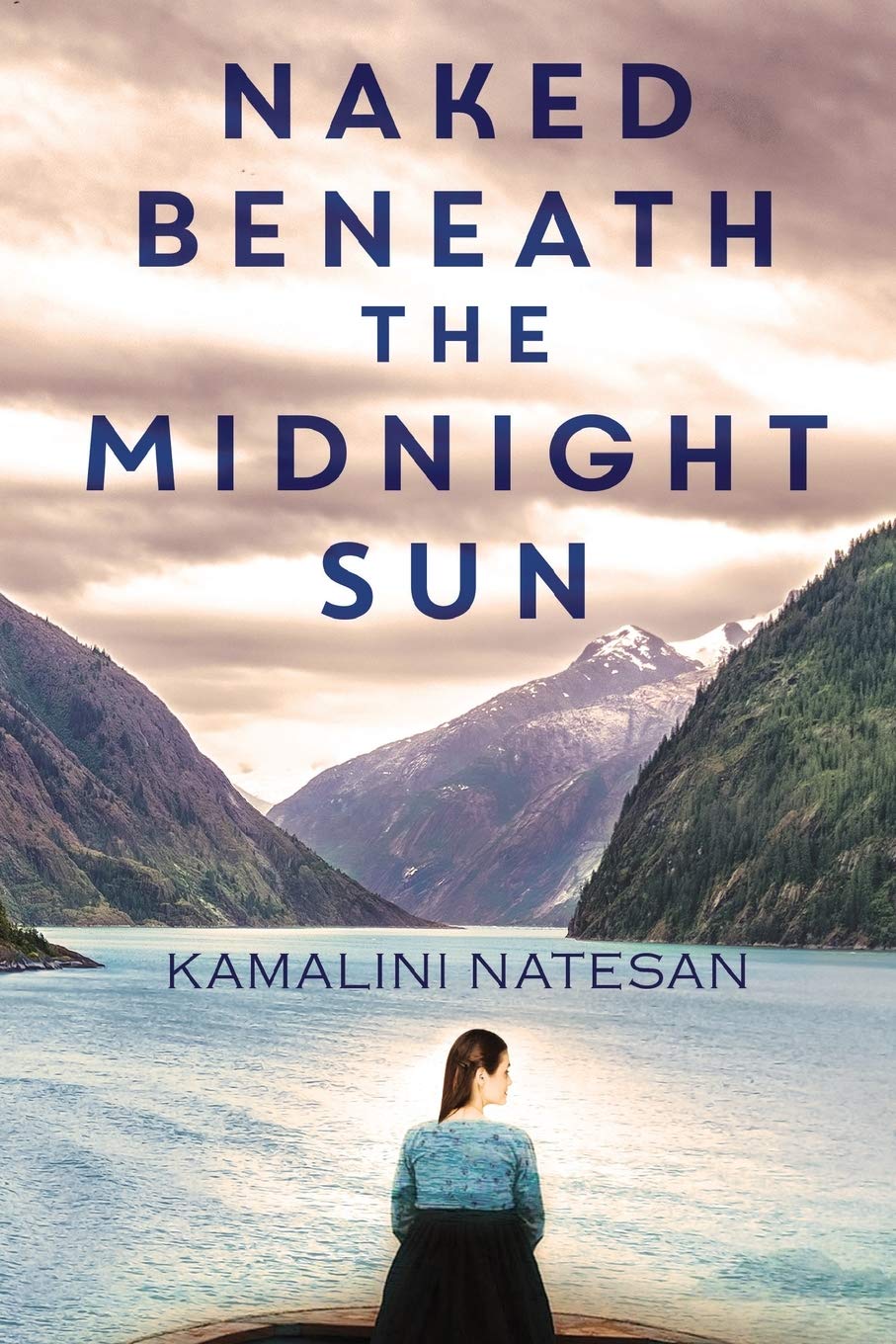Book review
This book had me in its hold, and in my throat, as I found myself choking over the destruction of the Tran family, against the backdrop of a devastating war. This is Nguyėn Phan Quė Mai’s debut in the literary world, and a worthy one, I hasten to add.
I’m not a big fan of historical fiction, yet I end up reading such like thanks to a rich diversity of books chosen by our book club. I am grateful for the experiences, every time.
As I read The Mountains Sing, despite it hitting my gut again and again, the vivid descriptions and emotional saga had me in its grips.
Yet, I wanted to abandon the novel at a point when my eyes stung and I choked on the destitute condition a rich landowner’s daughter finds herself in, as predicted by an astrologer in her youth. We all have our own destinies to charter, and often, want to discard what has been foretold as nonsense and impossible to believe. I have wanted to too. I get it. 
She tells us, after having fallen and risen, ‘I used to think that we were the ones in charge of our destinies, but I learned then that, in time of war, normal citizens were nothing but leaves that would fall in the thousands or millions in the surge of a Single storm’
I recognized the incredulity faced by the young Tran Dieu Lan, as she relates her entire journey to her beautiful grand-daughter, Hurong, in the present.
A captivating read, written with deep compassion and in a style that holds your attention with its narrative simplicity and regional touches. Never did I feel that the author was simply berating those who inflicted immense suffering upon her people; at every juncture I felt her heart upon the pages, forgiving, loving and understanding of that which compels one to rage, followed by an understanding of what drives man to destroy- to want to own and crush in spite of oneself.
The story of the family Tran- related in young Guava’s (Hurong) voice, and in turn, in grandmother Dieu Lan’s voice, years later, is replete with nuggets of wisdom. Among some of the hopeful words she imparts to her grand-daughter, “I realized that whenever humans failed us, it was nature who could help save us. I willed myself to be like nature, so I found myself singing. just like the rice plants.” 
Every chapter moves the story either back, deep into the history of the family’s movement through the war, from a village to Hà Noi, a buzzing city- or to the present as lived by the two women, united in love and warmth.
There is colossal conflict, within the family too, yet there is immense love; there is Vietnamese food- especially Phõ, a Vietnamese soup dish consisting of broth, rice noodles, herbs and meat, fried Spinach and fish sauce whose smells pervaded my being; and there is lack of food during the Great Hunger; there are songs and fields of rice and forests that are plundered, and where land mines are deftly hidden beneath a fertile soil. 
The book is rich in imageries of family ties and the untainted love that reunites them ultimately; it speaks of a terrible helplessness that haunts a mother, followed by guilt for abandoning her children for their own survival.
She writes, “somehow I was sure that if people were willing to read each other, and see the light of other cultures, there would be no war on earth.” Isn’t that so true?
Granma Dieu Lan’s character is endowed with much courage and compassion; I found myself questioning my beliefs and my motherhood, imagining myself in her place. She is dedicated to her family, yet when it comes to the crunch, the wisdom she displays is not considered beyond reproach, taking to trading in the black market. She is regarded as a blotch upon a society that calls the shots. Her beloved younger son Sang refuses to be seen with her. Yet, she doesn’t flinch, saying to herself, ‘Soft and persistent rain penetrates the earth better than a storm. I need to be patient with him.’ She knows better and she does what it takes with a determination that belies her generation. Ultimately, she wins.
Granny Dieu Lan is my hero.
 Read it to understand and grasp Vietnam’s journey as a war-ravaged country to where it has arrived today. I visited Hanoï in early 2020, and I wish to visit the country again, now with a deeper vision and knowledge of its history. I appreciate its emergence to its current form, dredged from within its soil and its beautiful people.
Read it to understand and grasp Vietnam’s journey as a war-ravaged country to where it has arrived today. I visited Hanoï in early 2020, and I wish to visit the country again, now with a deeper vision and knowledge of its history. I appreciate its emergence to its current form, dredged from within its soil and its beautiful people.
©kamalininatesan27thJuly2021





0 Comments